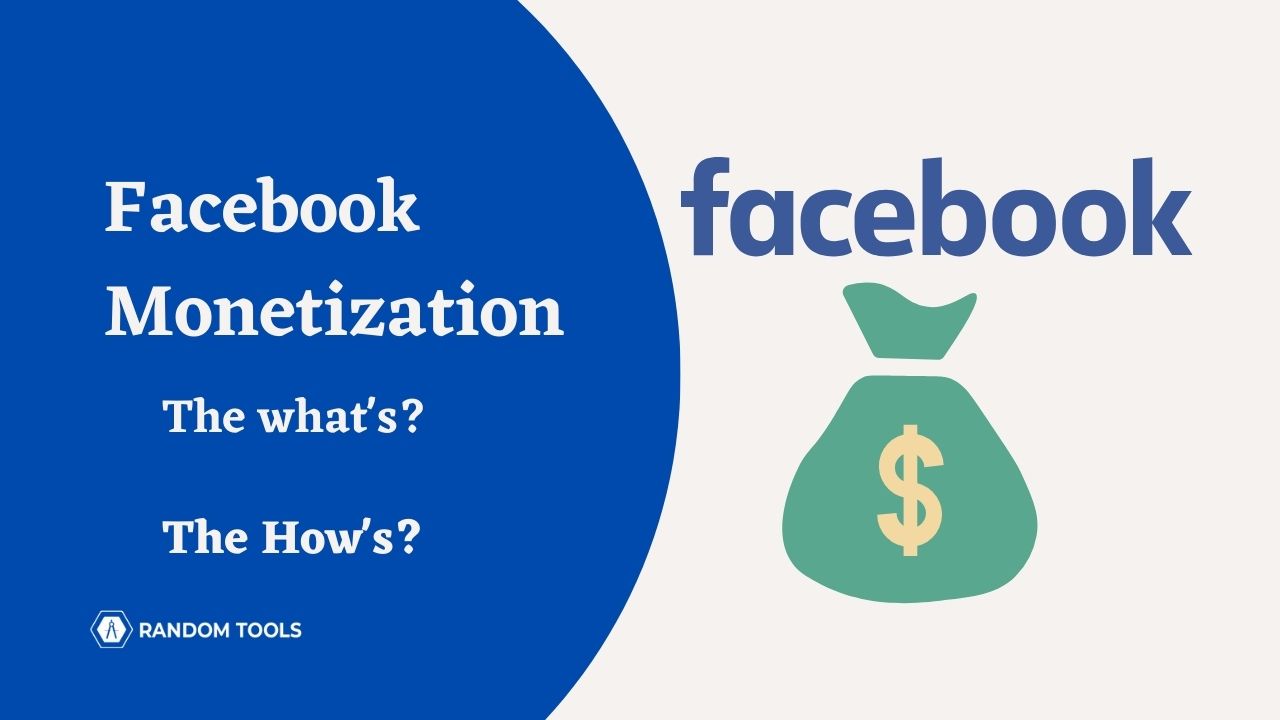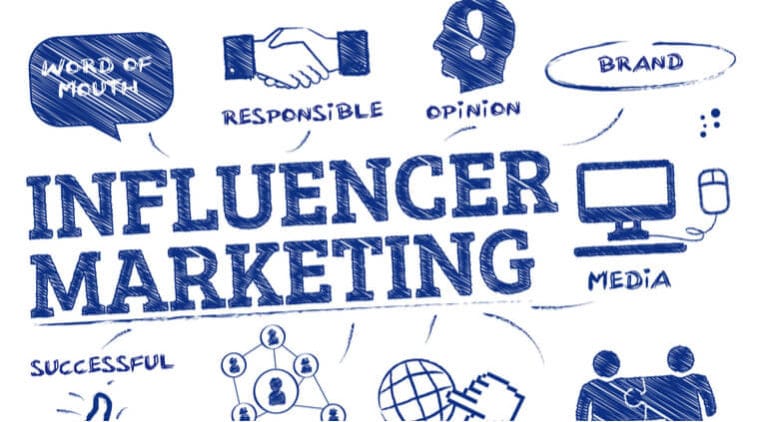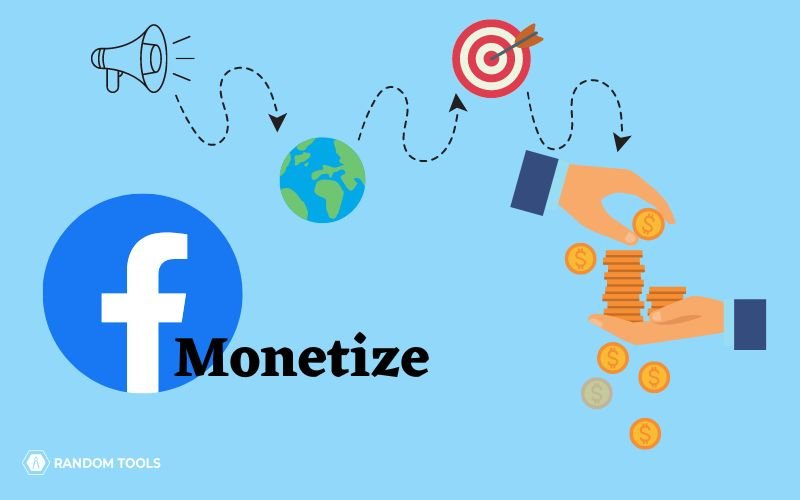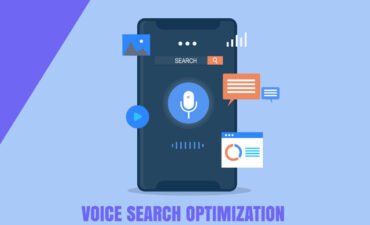In a world driven by social media, it’s hard to escape the influence of Facebook. With over 2.8 billion monthly active users, this digital giant has become an integral part of our lives, connecting us with friends and family, and providing entertainment and news updates. But have you ever wondered how Facebook actually makes money? Behind the scenes lies a sophisticated monetization strategy that fuels its operations and keeps the platform running smoothly. From advertisements to data usage, this article delves into the intricate workings of Facebook’s monetization model, uncovering the secrets behind its immense financial success. Whether you’re a casual user or a business owner looking to tap into this vast audience, understanding how Facebook generates revenue is essential in navigating the complexities of today’s online landscape.
What Is Facebook Monetization:

Facebook monetization refers to the various strategies employed by the social media giant to generate revenue.
- One of the primary sources of Facebook’s income is through advertising. By providing a platform where businesses and individuals can create targeted ads, Facebook earns a significant portion of its revenue. With billions of active users and access to valuable user data, advertisers are able to reach their desired audience effectively.
- In addition to advertising, Facebook also generates revenue through its paid services such as Facebook Marketplace and Facebook Watch. The Marketplace allows users to buy and sell items within their local community, while Watch offers original video content for viewers. By creating these platforms and charging fees for services or taking a percentage from sales, Facebook diversifies its revenue streams.
- Furthermore, another way that Facebook monetizes its features is through virtual currency called Facebook Credits, which users can purchase with real money and use in various applications or games on the platform. This type of virtual currency allows developers to generate income by selling in-app goods or services using these credits. Through this mechanism, not only does Facebook make money from selling credits itself but it also takes a percentage from each transaction made using those credits within applications.
How Businesses Promote Their Products/Services On The Platform
Advertisements on Facebook have become an integral part of how businesses promote their products and services in the digital era. With over 2.8 billion monthly active users, Facebook offers businesses a vast audience to target and engage with through its ad platform. What sets Facebook apart from traditional advertising channels is its ability to leverage user data for targeted marketing. Through its sophisticated algorithms, Facebook allows businesses to reach specific demographics, interests, and behaviors, maximizing the chances of reaching potential customers who are more likely to be interested in what they have to offer.
- One overlooked aspect of Facebook ads is their ability to generate valuable insights for businesses. By analyzing the performance metrics of their campaigns such as click-through rates, conversion rates, and engagement levels, companies can gain deeper insights into consumer preferences and buying behavior. This data-driven approach empowers businesses with the knowledge they need to fine-tune their advertising strategies and optimize future campaigns accordingly.
- Moreover, implementing remarketing techniques on Facebook can also prove highly effective in converting leads into sales. By targeting users who have previously interacted with their brand or website, businesses can serve personalized ads that remind potential customers about their products or services. This approach helps maintain brand visibility and keeps companies at the forefront of consumers’ minds during the decision-making process.
Overall, advertisements on Facebook provide businesses with a powerful toolset for promoting their offerings in front of a massive global audience while leveraging data analytics for precise targeting and optimization purposes.

Sponsored Content And Influencer Marketing:

In the realm of social media marketing, sponsored content and influencer marketing have become powerful tools for brands to reach their target audience. Sponsored posts, where brands pay influencers to promote their products or services, have risen in popularity due to their ability to drive engagement and increase brand awareness. Similarly, collaborations with influencers allow brands to tap into the influencer’s loyal following and capitalize on their influence over their followers’ purchasing decisions.
However, there is a fine line between authentic content and blatant advertising. While viewers appreciate transparency in sponsored posts, they also crave organic and relatable content from influencers they trust. This has led to a rise in micro-influencers who have smaller but highly engaged audiences that are more likely to trust recommendations from someone they perceive as genuine rather than a high-profile celebrity endorsement. Moreover, creating genuine partnerships that align with an influencer’s personal brand values brings credibility not only to the influencer but also the brand itself.
Another important aspect of successful sponsored posts and collaborations is ensuring that they resonate with the target audience. Influencers who genuinely use or believe in a product are more likely to create content that connects with their followers on a deeper level. This authenticity allows for natural promotion rather than forced endorsements which can come across as insincere or disingenuous. In this way, sponsored posts and collaborations become less about direct advertising and more about building relationships with consumers through trusted voices on social media platforms.
How Creators Earn Money Through AD Revenue-Sharing Programs
Revenue-sharing programs have revolutionized the way content creators earn money online. In an increasingly competitive digital landscape, platforms like Facebook offer ad revenue-sharing programs that allow creators to monetize their content and turn their passion into a sustainable income stream. By participating in these programs, creators can generate revenue through ads placed on their content.
- One key advantage of ad revenue-sharing programs is the ability for creators to reach a wider audience while earning money simultaneously. As more users consume content on platforms like Facebook, advertisers are keen to capitalize on this captive audience. Through revenue sharing, not only do creators benefit from increased exposure to potential viewers, but they also receive a percentage of the revenue generated from those ads.
- Moreover, ad revenue sharing programs create incentives for creators to continually improve and refine their content. By providing financial rewards based on the success of their videos or articles in attracting viewers and engagement metrics such as click-through rates or watch time, these programs encourage content creators to invest more time and effort into producing high-quality content that resonates with their audience.
In conclusion, ad revenue-sharing programs present exciting opportunities for content creators to monetize their work and transform it into a sustainable source of income. These initiatives foster creativity by incentivizing continuous improvement in both the quality of content and its ability to attract an engaged audience. As platforms like Facebook continue to evolve and adapt, ad revenue sharing will likely play a pivotal role in supporting aspiring digital entrepreneurs worldwide.
Conclusion:
Facebook’s success can largely be attributed to its adept monetization strategies, which have enabled the social media giant to generate huge profits. One of the key ways Facebook monetizes its platform is through targeted advertising. By leveraging data collected from users’ profiles, interactions, and interests, Facebook is able to offer highly personalized advertisements to businesses looking to reach their target audience. This precision targeting ensures that advertisers get the most value for their money, while users see ads that are relevant and engaging.
In addition to targeted advertising, Facebook has also successfully ventured into other forms of monetization such as sponsored content and partnerships with content creators. Through sponsored posts and collaborations with influencers, Facebook provides a platform for businesses and individuals alike to promote their products or services in an organic and authentic manner. This not only diversifies their revenue streams but also enhances engagement among users who are more likely to trust recommendations from people they follow.
Moreover, Facebook’s acquisition of other popular social media platforms like Instagram and WhatsApp has further bolstered its monetization efforts. By integrating these platforms into its ecosystem – for example by incorporating ads on Instagram or enabling business messaging on WhatsApp – Facebook has expanded its reach and created additional opportunities for revenue generation.
All in all, it is clear that Facebook’s continued success lies in its ability to effectively monetize its massive user base through innovative strategies such as targeted advertising, sponsored content partnerships, and strategic acquisitions.
ALSO READ: What Are The 3 C’s Of SEO?








